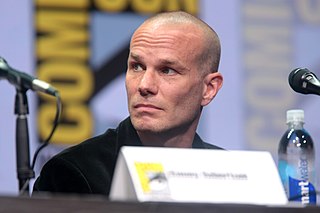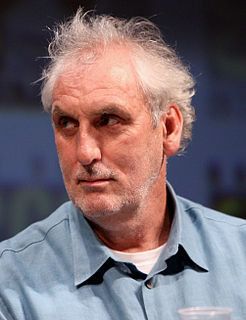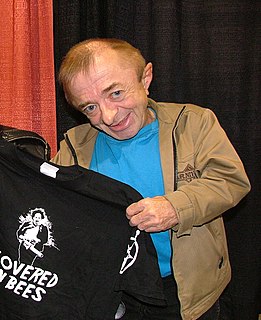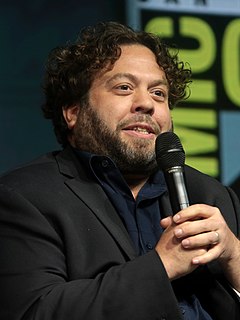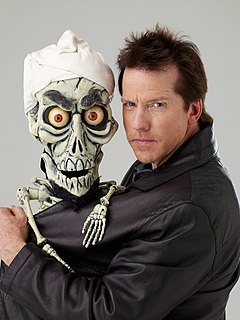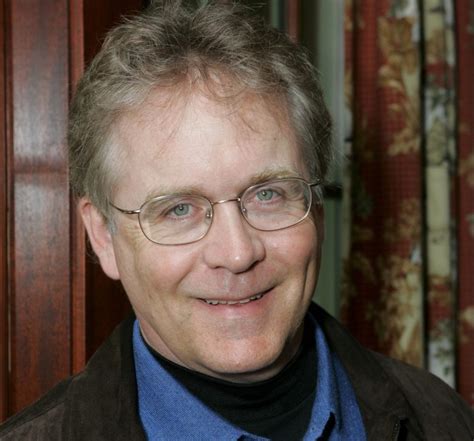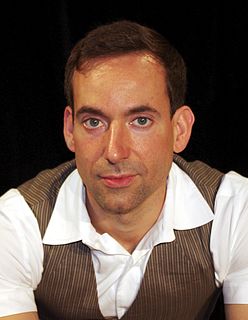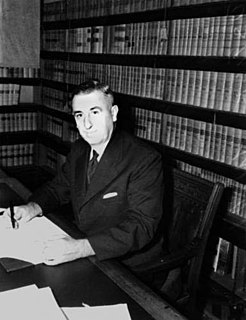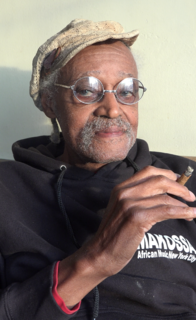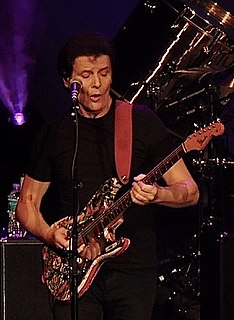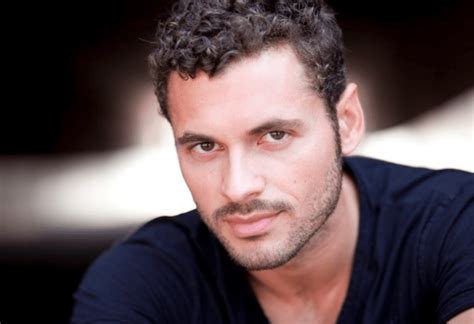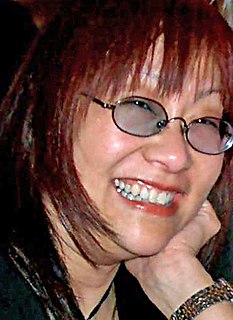A Quote by James Marshall
I was doing 'Twin Peaks,' and Columbia called and said they wanted me to do 'Gladiator.' I thought it had the potential to be a real commercial film, so I was like a kid in a candy store.
Related Quotes
I was a kid in the third grade ... saw a dummy in the toy store. In the '60s and '70s there were a lot of those vinyl ventriloquism dummies - just about every toy store had one. Everyone close to my age that I've talked to, especially guys for some reason, tell me that they had one too, but they said they never could do it. So many people come up to me and say that. It was just something that I thought was cool. I started doing book reports with it - I developed the skill. I easily got A's on all my reports. It was just something that a little kid grasped on to - so I stuck with it.
The first thing I think I ever played in public, aside from singing in church, would have been - and this is a true story - when I was about nine or 10 years old, I was obsessed with Twin Peaks. I played the theme from Twin Peaks on a little tiny Casio keyboard. People politely applauded. I just fell in love with that song and thought it was very heartbreaking.
My first professional audition - god, I've never told anybody about this - was for a test commercial, I think it was for Xbox. It involved me getting kidnapped by a granny who wanted to play the Xbox. It was very weird and I definitely had no idea what I was doing. I actually got the gig. It wasn't a commercial; it was what directors did when they wanted to show the company what they would do with a commercial.
